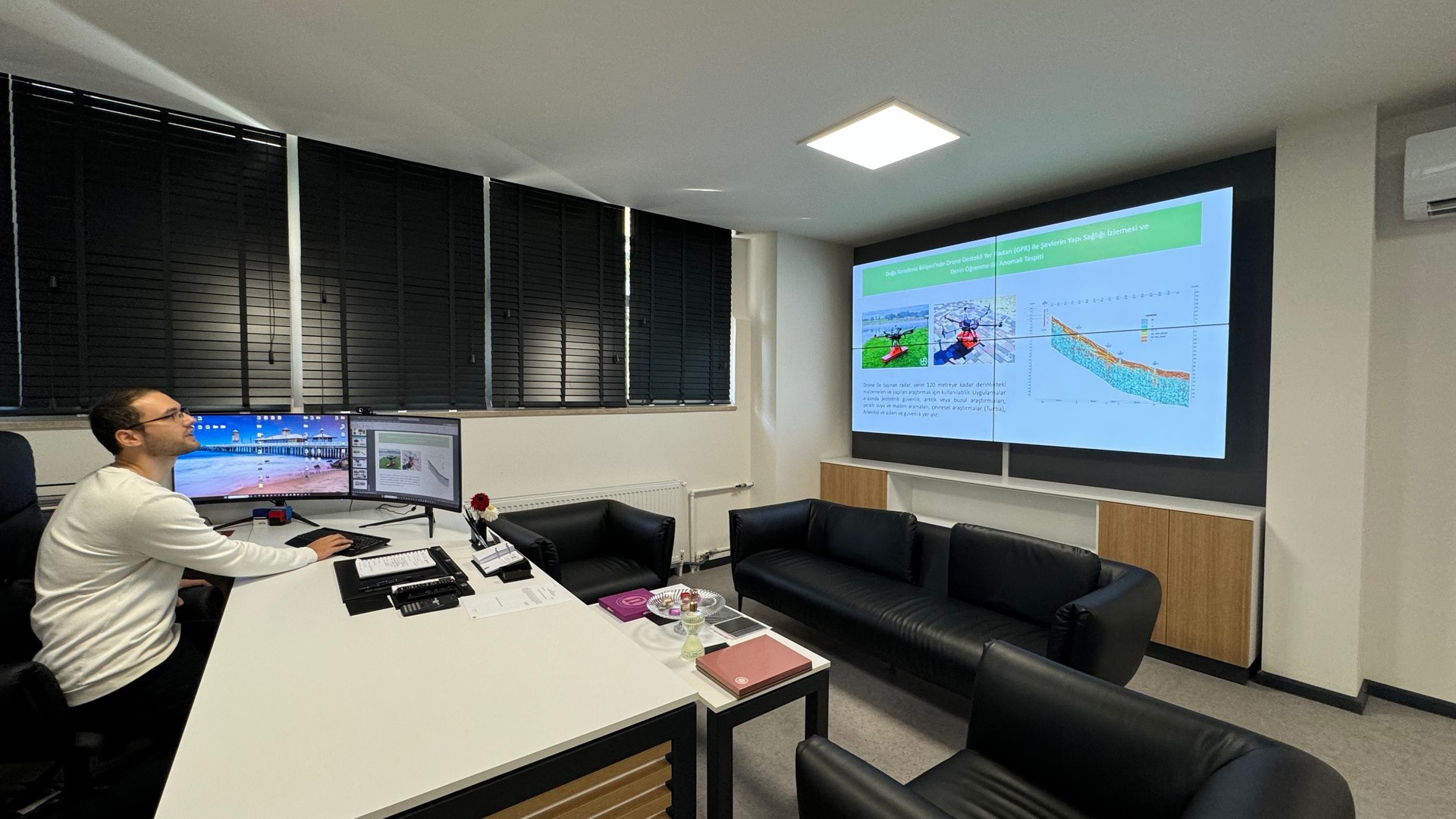
Türkiye's youth unemployment crisis turns into structural problem as official statistics reveal that 6.7 million young adults between the ages of 15 and 34 are neither in education nor employment.
The troubling figure represents approximately 28% of Türkiye's youth population in this age bracket, according to data from the Turkish Statistical Institute (TUIK).
The unemployment crisis has left many young Turks disillusioned and anxious about their future. Official data for the first quarter of 2025 shows that among those who have completed their education:
These figures represent young people who have finished their education but are unable to find work or have lost their jobs, leaving them in a state of limbo. The data reveals that this situation has remained largely unchanged since 2021, with the average percentage of youth neither in education nor employment hovering around 28.2% during this period.

Perhaps most concerning is the high unemployment rate among university graduates. According to TÜİK data, 30.7% of university graduates in the 15-24 age group are unemployed. This means nearly one in three young people with higher education degrees cannot find work despite their qualifications.
While some might argue that recent graduates need time to secure employment, the 30.7% unemployment rate among this educated demographic raises serious questions about Türkiye's ability to absorb skilled young workers into its economy.
The unemployment crisis has created a new social phenomenon that might be termed "house husbands" – a counterpart to the traditional concept of "housewives." According to the data:
In total, over 1.9 million young men fall into this category, suggesting a significant shift in traditional gender roles and employment patterns.
The breakdown of unemployment rates among 15-24 year-olds based on educational attainment shows a complex picture:
These statistics reveal a persistent gender gap across all educational levels, with young women consistently experiencing higher unemployment rates than their male counterparts.

The report suggests that unemployed young people are largely disconnected from narratives about Türkiye's national achievements and economic indicators. Their immediate concern is simply finding employment.
These young adults reportedly show little interest in major infrastructure projects, Türkiye's international standing, current account deficit improvements, the central bank's performance, or newly discovered oil and gas reserves. Their primary focus remains on securing stable employment to support themselves and build their futures.
With nearly 28% of Türkiye's young adult population neither in education nor employment, the country faces not only an economic challenge but a social one. Many young people are forced to remain dependent on their families well into adulthood, delaying marriage, family formation, and independent living.
The persistence of these high unemployment rates over several years suggests structural issues in Türkiye's economy and labor market that are preventing young people from successfully transitioning from education to employment. Without addressing these underlying challenges, Türkiye risks losing the productive potential of a significant portion of its youth demographic.